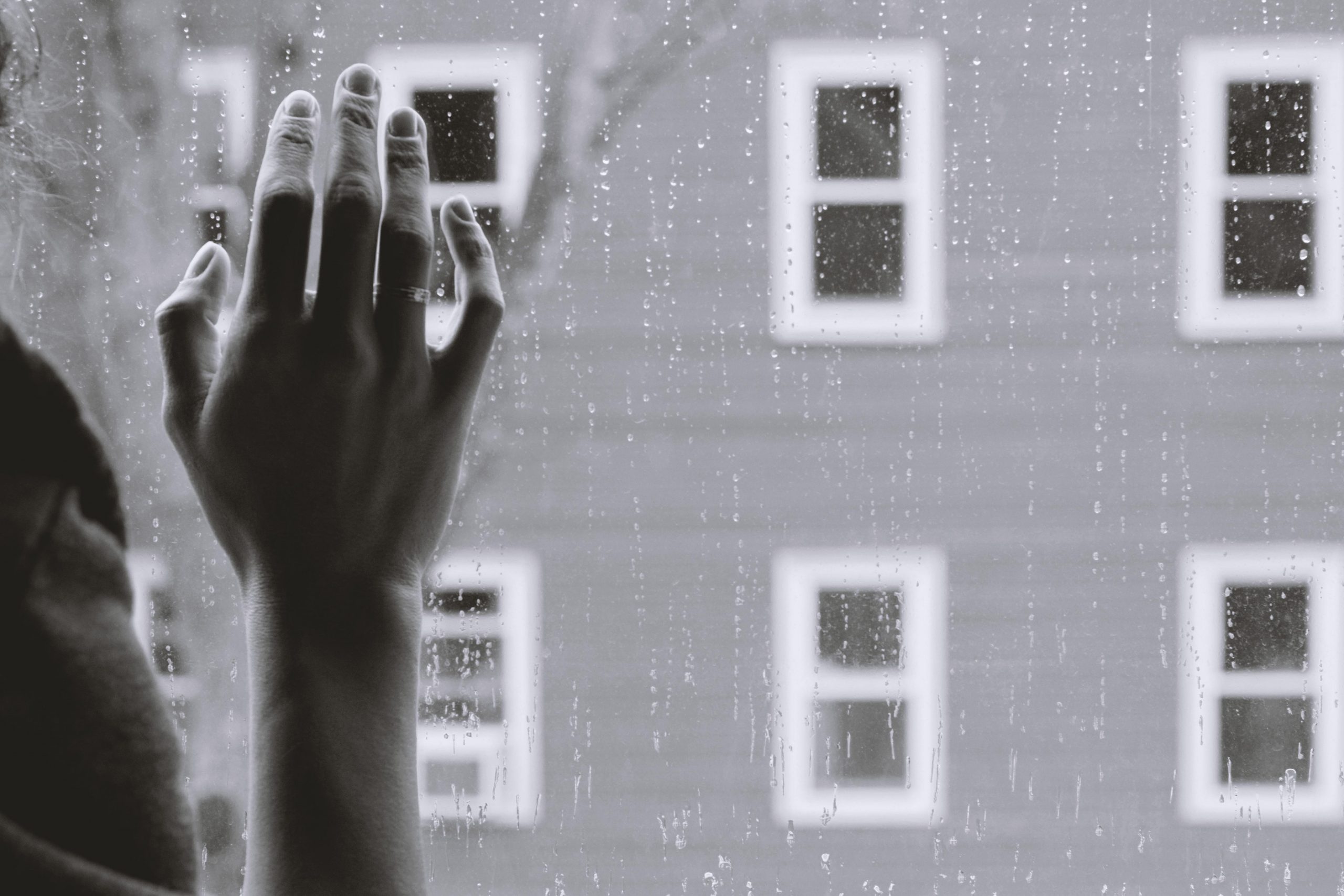One of the collateral effects of the pandemic is, without a doubt, the loneliness to which social distancing has in many cases relegated us. Today we will talk about how we can help to cope with such a difficult situation.
What is loneliness and how does it affect health?
One of the meanings that the RAE attributes to the term “loneliness” is Regret and melancholy that are felt by the absence, death, or loss of someone or something.
In this way, we can understand that loneliness is not only a circumstance but it is also a state of mind. Let’s not confuse loneliness with social isolation. Loneliness is not just a lack of company. A person may be surrounded and yet experience the melancholy associated with the term.
Loneliness can be triggered by memories of the loss of a loved one, by feelings of misunderstanding, or by emotionally unsatisfying relationships.
According to studies, loneliness is one of the biggest health problems people face: it is equivalent to smoking 15 cigarettes a day, appears to be worse for health than obesity and can increase the risk of death by 29%.
Tips to conquer loneliness
Now we come to the main point we want to share: what can we do to prevent loneliness and help a loved one?
Stay connected with family and friends through video calls, audio calls, or chat.
Always express appreciation to your loved ones.
Advise him to keep busy with activities that he can enjoy.
Avoid conversations that can lead to negative thoughts.
The data suggests that just smiling can make us feel better.
Let’s be kind, understanding, and patient. Let’s develop a routine that provides us with balance and familiarity. Let’s create a daily plan that includes physical activity, time to connect with loved ones, a project or hobby, and relaxing pleasure.








